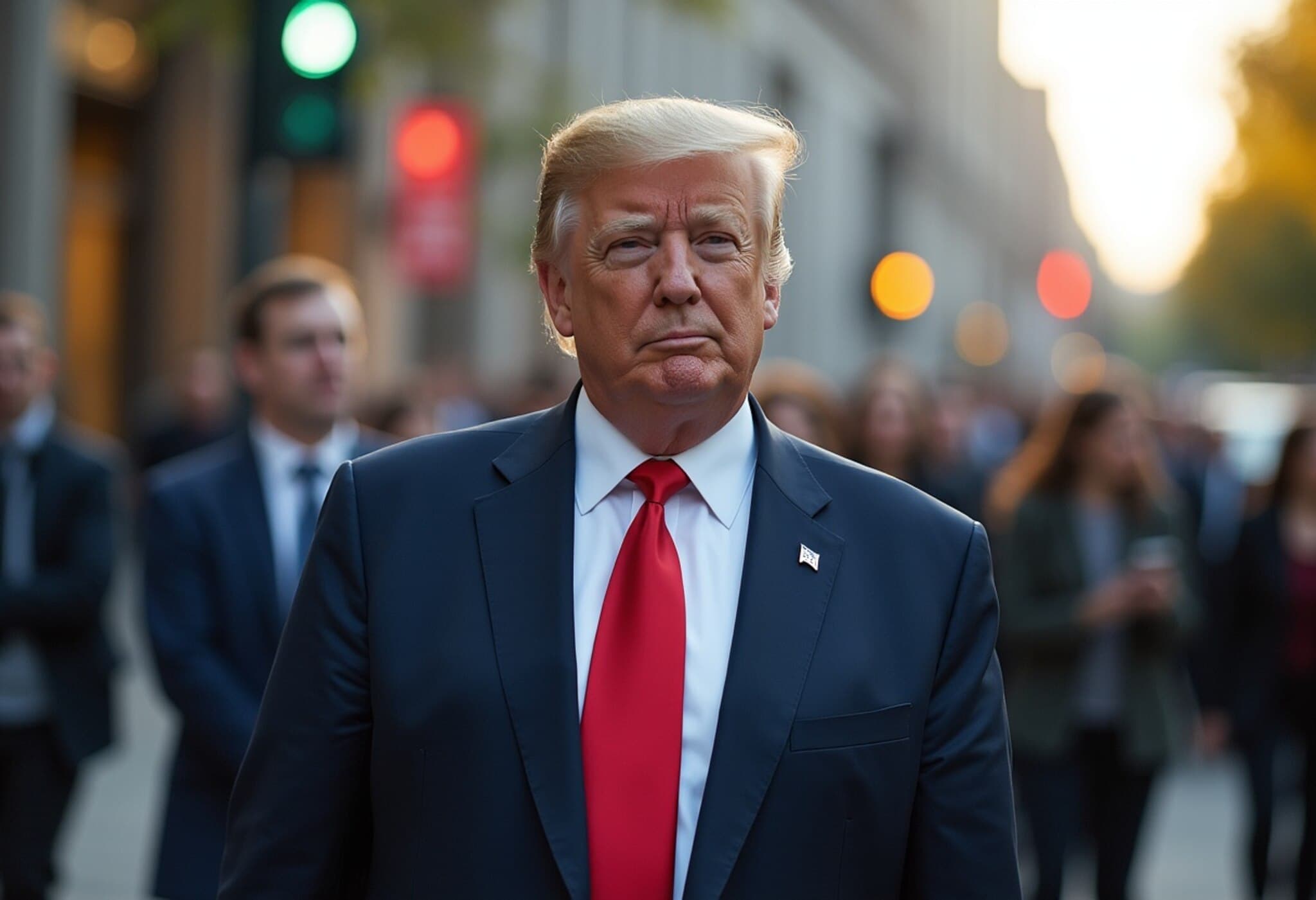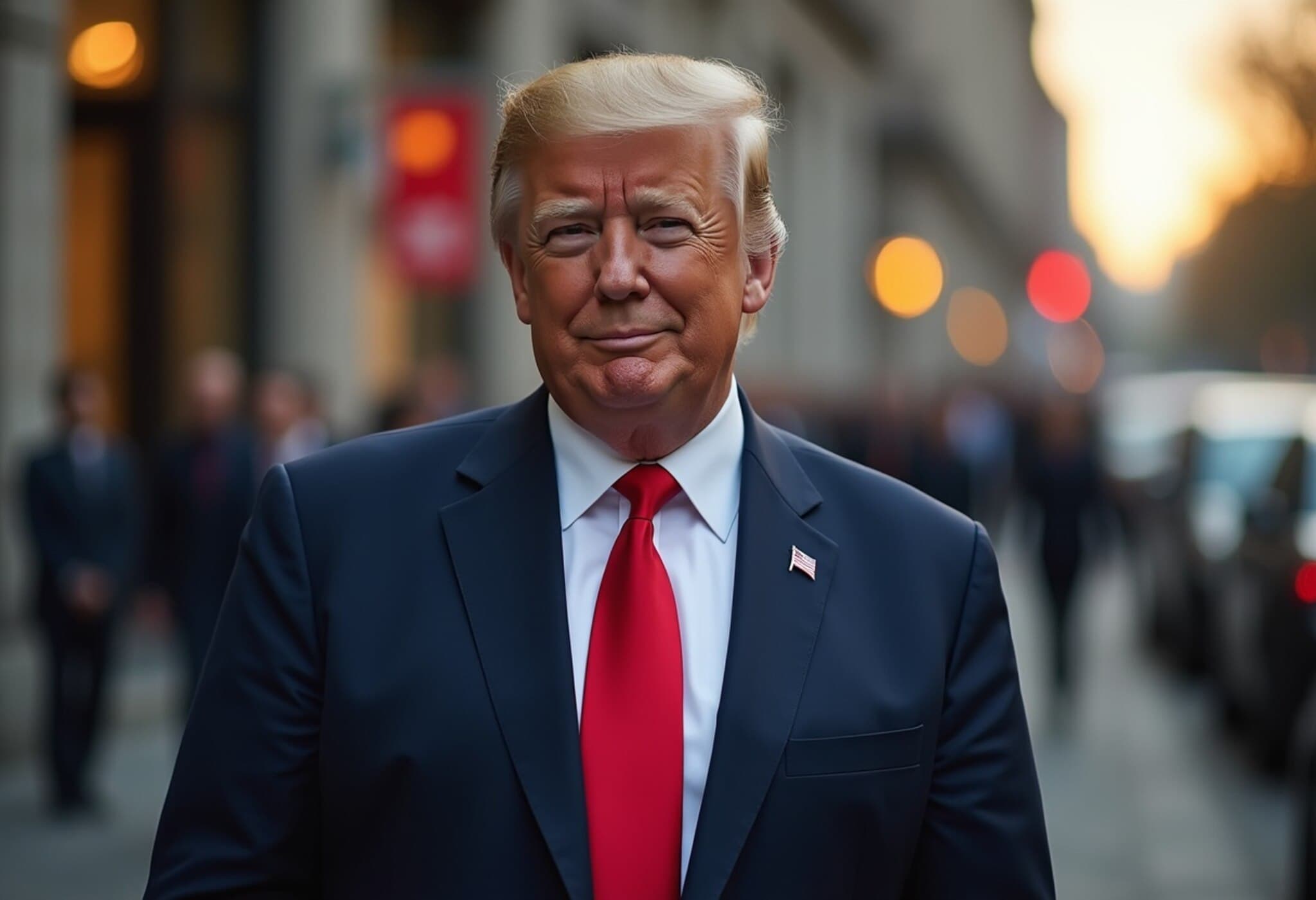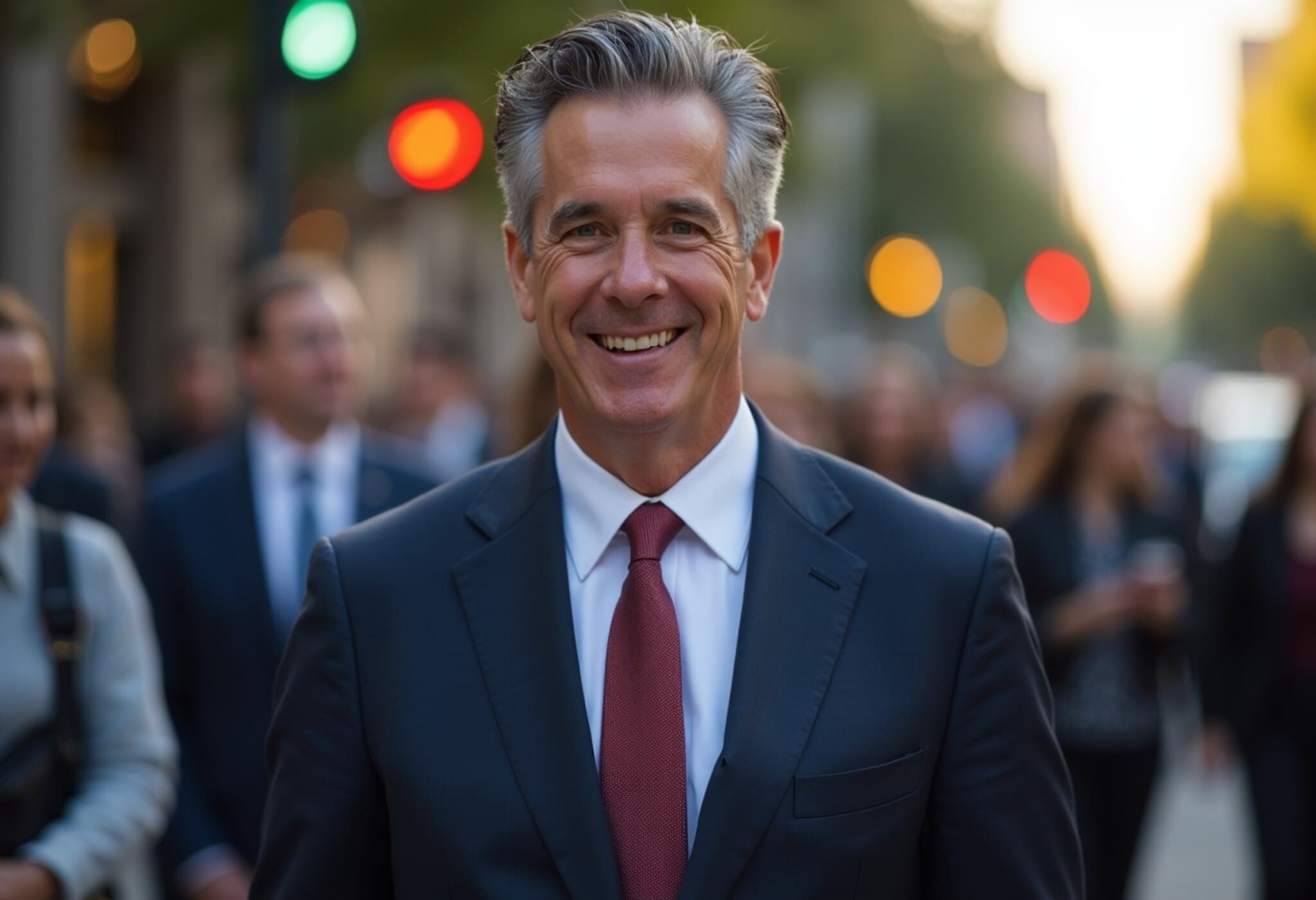Federal Court Reinstates Part of UCLA's Suspended Grant Funding
In a significant legal development, U.S. District Judge Rita Lin in San Francisco ruled on Tuesday that the Trump administration must restore a portion of the federal grant funding it had recently suspended for the University of California, Los Angeles (UCLA). This ruling comes amid heated debates over academic freedom, political protests, and allegations of antisemitism on campus.
Background: Funding Suspension and Legal Challenges
The decision responds to the administration's move to freeze $584 million in federal funding to UCLA, a large segment of the University of California system. Earlier, in June, Judge Lin issued a preliminary injunction preventing the National Science Foundation (NSF) from terminating dozens of grants. Tuesday’s ruling clarifies that the subsequent grant suspensions violated that injunction.
Judge Lin remarked, “NSF’s actions violate the Preliminary Injunction,” underscoring that the federal agency had overstepped legal boundaries in withholding funds tied to ongoing investigations.
Context: Political Protests and Campus Tensions
The funding freeze was triggered amid widespread pro-Palestinian protests at UCLA, part of a broader student movement responding to Israel’s military actions in Gaza. The Trump administration alleges that the university failed to adequately address antisemitism during these demonstrations, interpreting activism critical of Israel’s policies as potentially extremist or discriminatory behavior.
However, many protesters, including several Jewish campus groups, vehemently reject these allegations, arguing that criticism of Israel’s conflict-related policies is not synonymous with antisemitism. They caution that labeling political speech as hate speech suppresses both free expression and academic freedom.
University and Political Reactions
- UCLA Response: The university has expressed deep concern over the proposed $1 billion settlement demanded by the administration, calling it potentially devastating to UCLA's mission and operations.
- Government Actions: Similar probes have been concluded with Columbia and Brown University, resulting in settlements totaling over $270 million, while Harvard remains under negotiation.
- Political Voices: California Governor Gavin Newsom publicly condemned the settlement demands as a form of coercion undermining higher education institutions' independence.
Broader Implications: Free Speech and Academic Integrity
This confrontation highlights a turbulent intersection between governmental authority, university governance, and the constitutional protections of free speech. Experts warn that these funding threats could chill campus activism and open a dangerous precedent where political positions dictate federal funding decisions.
Moreover, rights organizations emphasize a complex rise in multiple forms of discrimination — antisemitism, anti-Arab bias, and Islamophobia — especially amidst heightened tensions over the Middle East conflict. They point out that investigative scrutiny has disproportionately targeted antisemitism allegations, with less attention towards Islamophobia and related prejudices.
Looking Ahead: A Complex Legal and Social Landscape
The court's partial restoration order does not end the dispute but marks an important legal checkpoint. As settlement negotiations and potential further judicial rulings loom, the fate of UCLA’s funding and the broader implications for university autonomy remain uncertain.
This case invites reflection on how U.S. institutions balance national security concerns, minority protections, and the fundamental rights to protest and academic inquiry. The stakes extend far beyond one university, touching on the future health of American democracy and the role of higher education in social debates.
Editor’s Note
This ongoing controversy at UCLA serves as a flashpoint illustrating the tensions between political oversight and academic freedom in the United States. As universities grapple with charged social issues, how can they protect inclusive discourse without inviting governmental overreach? Moreover, what safeguards are necessary to ensure that funding mechanisms do not become tools for political coercion?
Readers are encouraged to consider these questions as this story unfolds, recognizing the delicate balance required to preserve both robust debate and respectful, safe campus environments.











